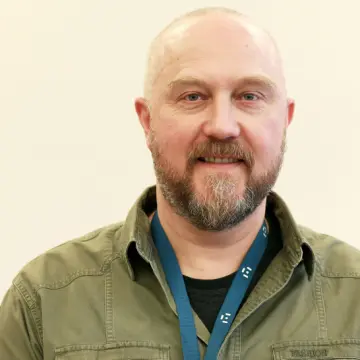THIS CONTENT IS BROUGHT TO YOU BY the Norwegian centre for E-health research - read more
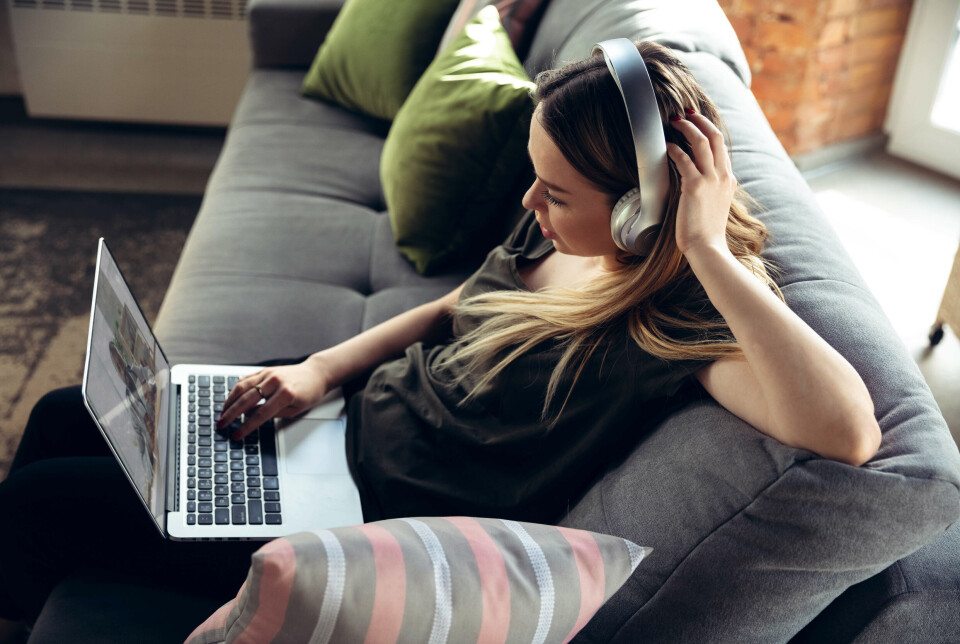
Digital therapy helps young people who have parents with substance abuse problems
A new user survey among young people and adults aged 14-35 who have parents with alcohol or other substance abuse problems shows that their experiences with video-based counselling services are generally positive.
Growing up in a home with alcohol or other substance abuse problems has an impact on the lives and daily activities of children and young people, socially, emotionally, health-wise, and practically.
Researchers estimate that between 90,000 and 150,000 minors in Norway grow up with a parent with alcohol problems earch year. They assume that there are also significant unreported numbers.
In addition, there is an unknown number of minors who have a parent who abuses drugs and illegal substances. They may also have siblings and close family members with a substance abuse problem.
Digital support offered
Common to most is that a family life characterised by substance abuse causes children and young people a lot of stress, worry, and insecurity in their everyday lives.
It is
therefore important to ensure that they receive help and support at an early
stage and do not have to face difficulties alone.
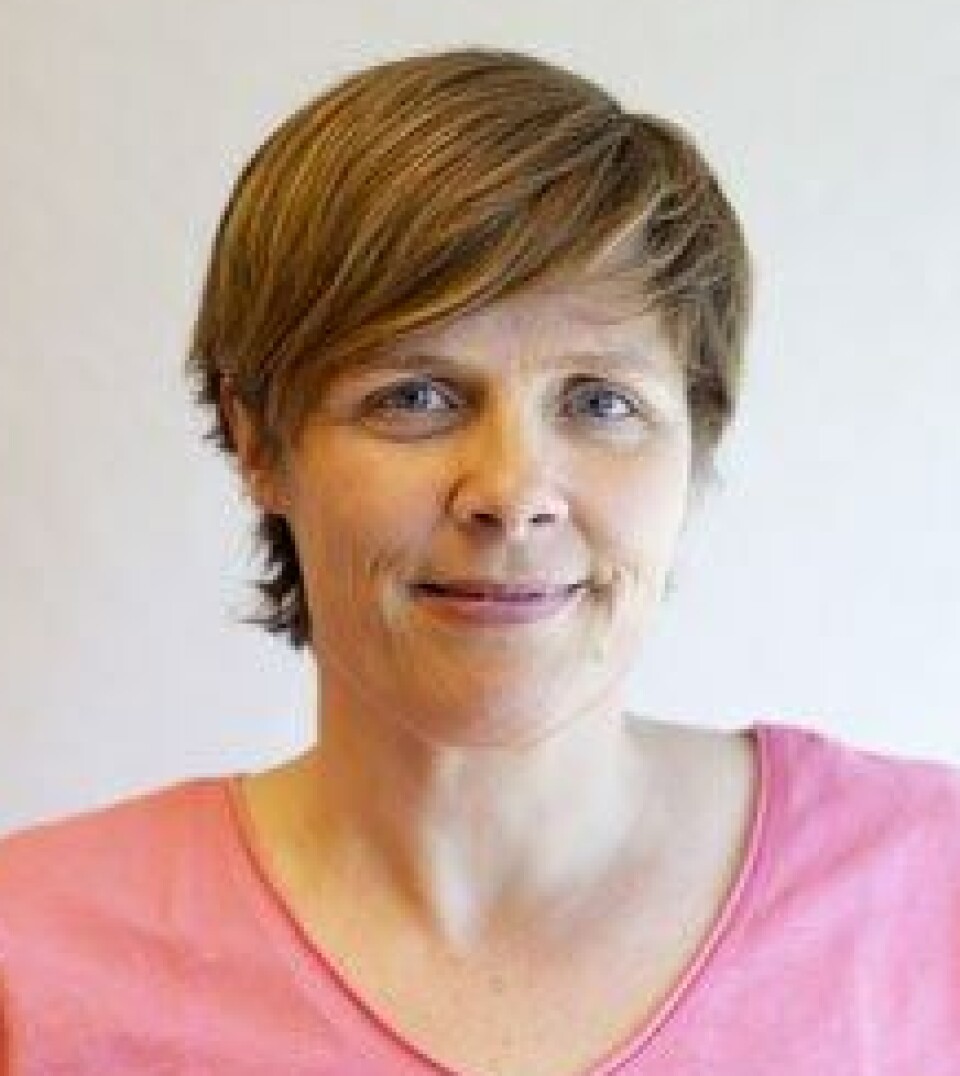
Digital services have great potential. Help services become more accessible and can lower the threshold for children and young people to seek help.
The Norwegian Centre for E-health Research and Blå Kors Kompasset have collaborated since 2020 on a research project about a video-based counselling service for young people whose parents have alcohol or other substance abuse problems.
Blå Kors Kompasset is a non-profit organisation. They offer face-to-face and video-based counselling to those aged 14 to 35 who have parents with alcohol or other substance abuse problems. The video programme started in March 2020 in connection with the Covid-19 pandemic. It has been continued as a permanent programme.
A survey answered by 129 users of Kompasset's programme gave researchers insight into the users' experiences of the programme.
Most were satisfied.
Good results
“Most people found that video-based therapy is helpful, feels safe, and is convenient. They experienced a good relationship with their therapist on camera, felt supported, and respected,” Unn S. Manskow says. She is a researcher at the Norwegian Centre for E-health Research.
She explains that video-based therapy saves time and is flexible so that the sessions can be adapted to work and school. This is therapy regardless of where you live.
The users experienced few technical challenges with the video solution.
However, the youngest users felt that video-based therapy was not as secure, more uncomfortable, and more difficult to have uninterrupted conversations compared to the older users. This may be related to the fact that they still live at home with their parents.
Many would recommend online therapy
Over two-thirds of the participants would recommend online therapy to others, while 50 per cent prefer a combination of physical and video-based therapy.
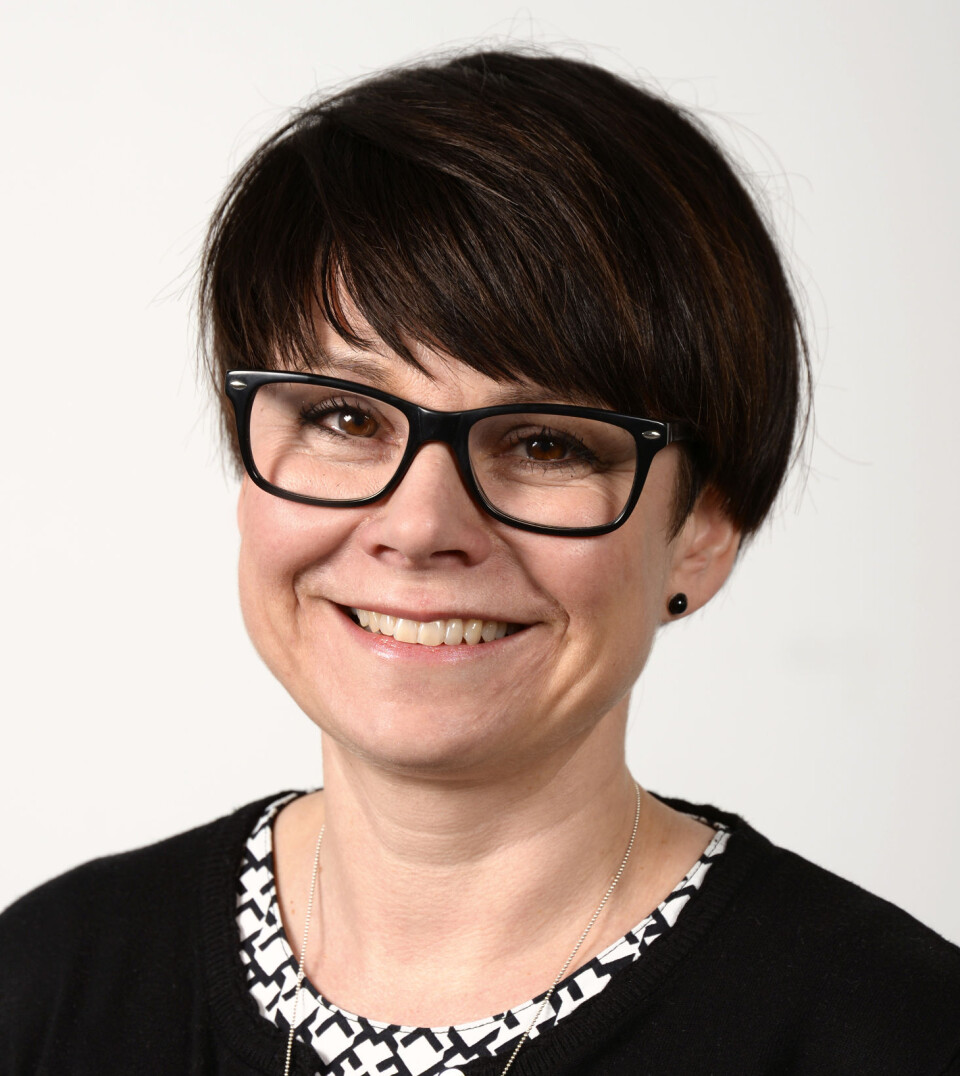
The study shows that the programme should be broad and flexible, both physically and digitally, to meet the individual's opportunities, wishes, and needs.
A good and safe environment for a video-based counselling session is also important, especially for young users.
The importance of user involvement and co-research
This is the second of three sub-studies, and this time the researchers have involved users as co-researchers.
User involvement and co-research have been central to all phases of the sub-study. Co-research involves conducting research with those involved, rather than researching on and about them.
In this sub-study, two user representatives have participated as co-researchers throughout the research process, from preparing the questionnaire to analysing, discussing, presenting results, and writing the article.
“It was very important for us to ensure real participation and influence for the co-researchers, safeguarding their integrity while ensuring that the necessary scientific requirements and quality were followed. We had great respect for the fact that they did this in their spare time, on top of their studies and work,” says Marianne V. Trondsen. Trondsen, researcher at the Norwegian Centre for E-health Research.
The researchers took the time to get to know each other in order to establish trust and confidence. They were keen to reassure their fellow researchers that they had to dare to say no if it was too much, and speak up if they disagreed with something.
“The
collaboration has worked extremely well. The co-researchers' efforts have
improved the quality, relevance, and accuracy of the research. We are therefore
very pleased with the collaboration," the researcher says.
Co-researchers use their own experiences
Tone H. Mebust (37) is one of the two co-researchers in the study. She is also a nurse, a user representative at Blå Kors Kompasset, and a member of the research project's reference group.
She has made use of the counselling services offered by Kompasset for 2-3 years because she grew up with a parent who drank throughout her childhood. The consequences of this have followed her into adulthood with psychological stresses that became too great to cope with on her own. This led to a need to contact Blue Cross Compass for counselling.
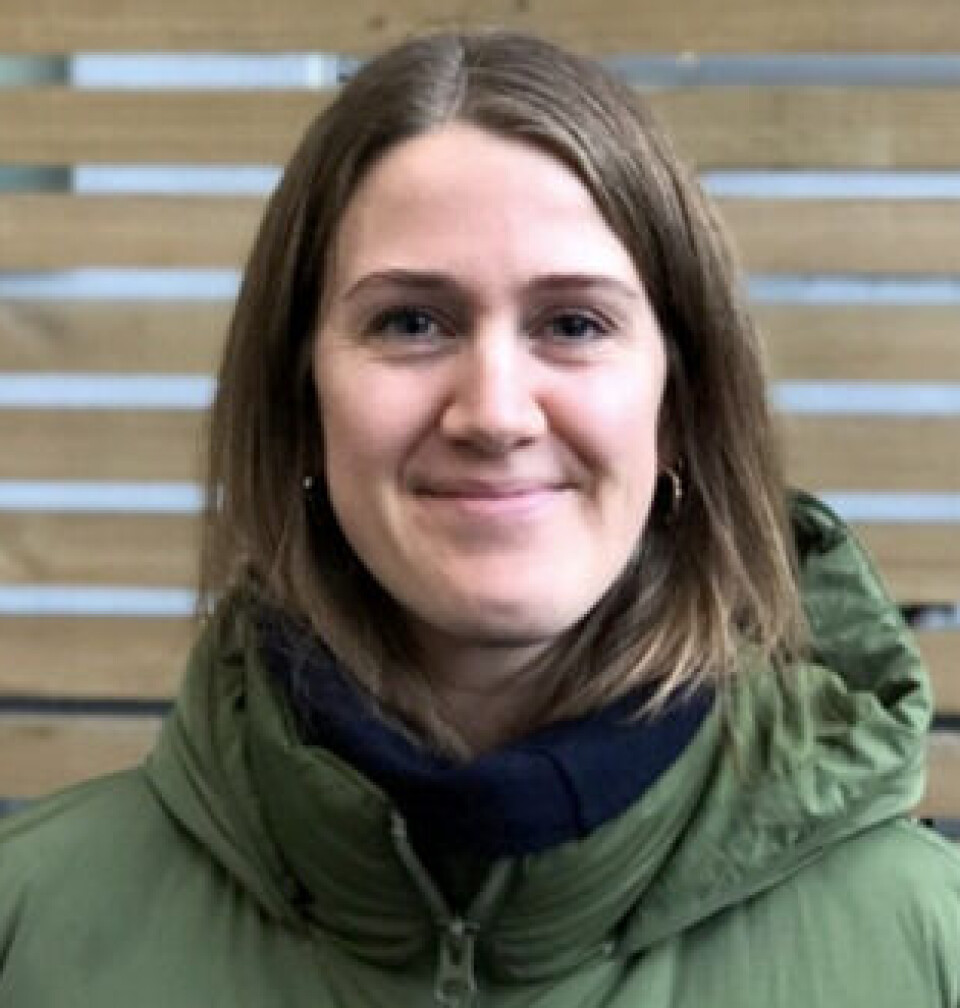
“Through being a user of the therapy programme, I have been included in counselling towards the treatment programme. I was given the opportunity to be part of the reference group in the research project and have been involved in preparing and testing the questionnaire to ensure that the language was simple and understandable for those taking part in the survey,” she says.
She goes on to say that as a co-researcher, she has also been involved in interpreting the results and discussing what should be emphasised.
“In our joint discussions, I used my own experiences from childhood and adolescence, which perhaps nuanced the understanding of the researchers, who do not have the same experience,” she says.
She says
that as co-researchers, they have had a good dialogue with Marianne Trondsen
and Unn Manskow along the way.
“It has been a great learning experience to be able to contribute with their own experiences and influence the programme so that it becomes more user-driven,” she says.
Mebust believes that just being able to contribute has a therapeutic effect, because you can see beyond the victim role and show others in the same situation that you can contribute something good even if you have experienced bad things.
“We
hope that the knowledge gained from this study will be useful both for the
further development of Kompasset's video programme and for the establishment
and development of other video-based services for patients and relatives in the
mental health and substance abuse field,” Unn S. Manskow says.
References:
Manskow et al. 'Young people who have a parent with a substance abuse problem: A user survey about experiences with video-based therapy', Tidsskrift for psykisk helsearbeid, 2023. DOI: 10.18261/tph.20.1.3 (Abstract)
Trondsen, M.V. & Manskow, U.S. 'Being a therapist in a state of emergency: Online therapy during the corona-pandemic for young people who have parents with alcohol- and substance abuse problems', Tidsskrift for psykisk
helsearbeid, 2021. DOI: 10.18261/issn.1504-3010-2021-02-03 (Abstract)

This content is paid for and presented by the Norwegian centre for E-health research
This content is created by the Norwegian centre for E-health research's communication staff, who use this platform to communicate science and share results from research with the public. The Norwegian centre for E-health researchis one of more than 80 owners of ScienceNorway.no. Read more here.
More content from the Norwegian centre for E-health research:
-
When your doctor is online: People expect a reply within 24 hours
-
Technology in the health and care sector: "This is not just about new gadgets"
-
Five Nordic and Baltic countries take a major step toward the future of health research
-
A digital chatbot can help you stay fit
-
Researchers' advice for better healthcare services: Listen to the patient!
-
Half of those who received mental health care found errors in their medical records







